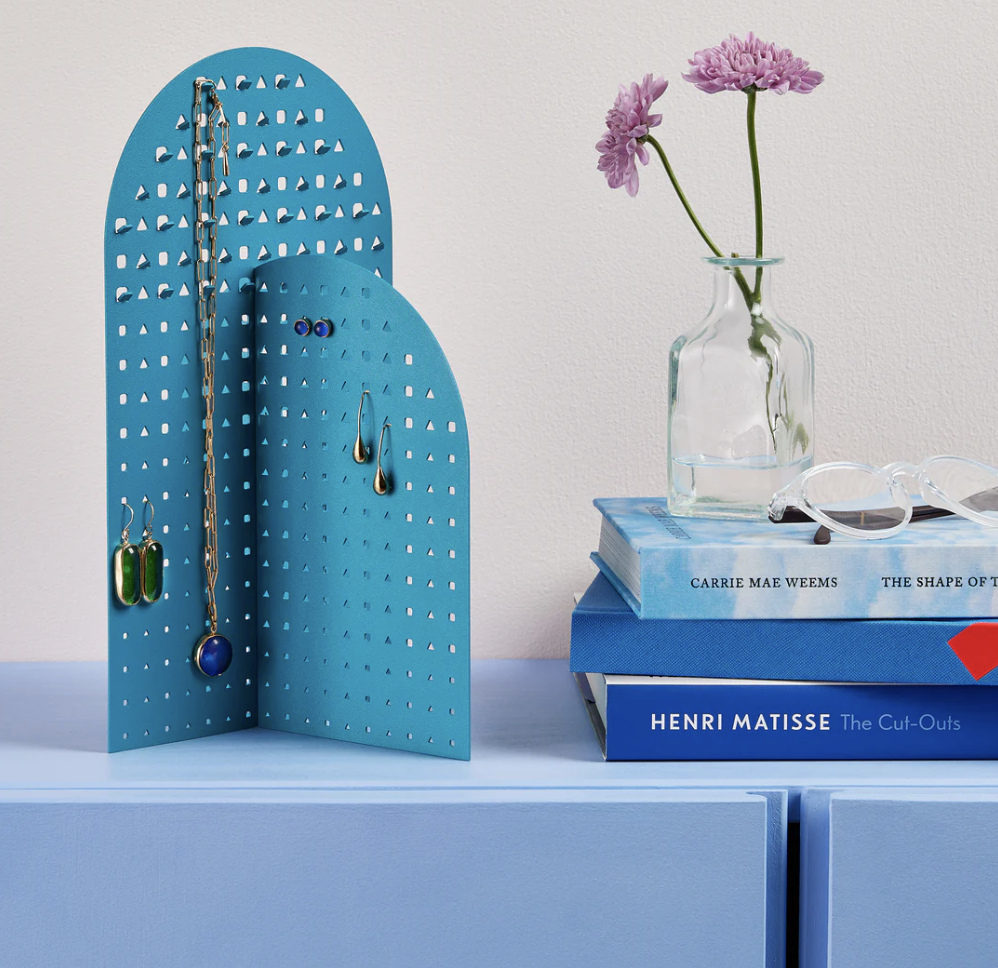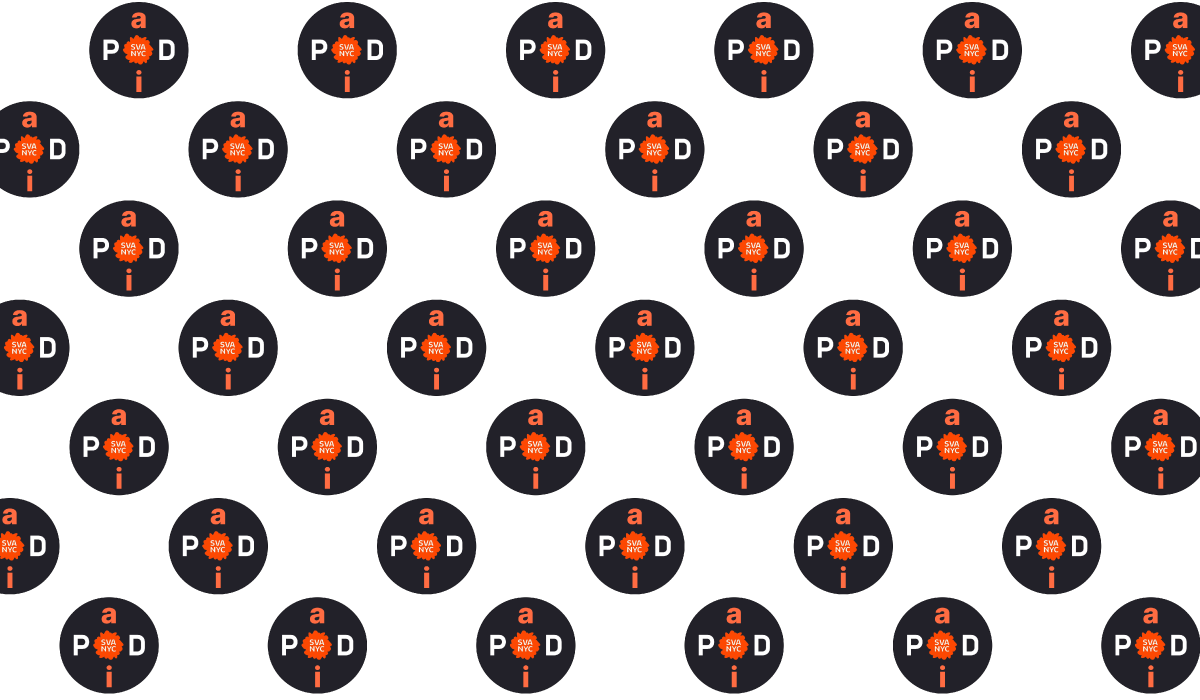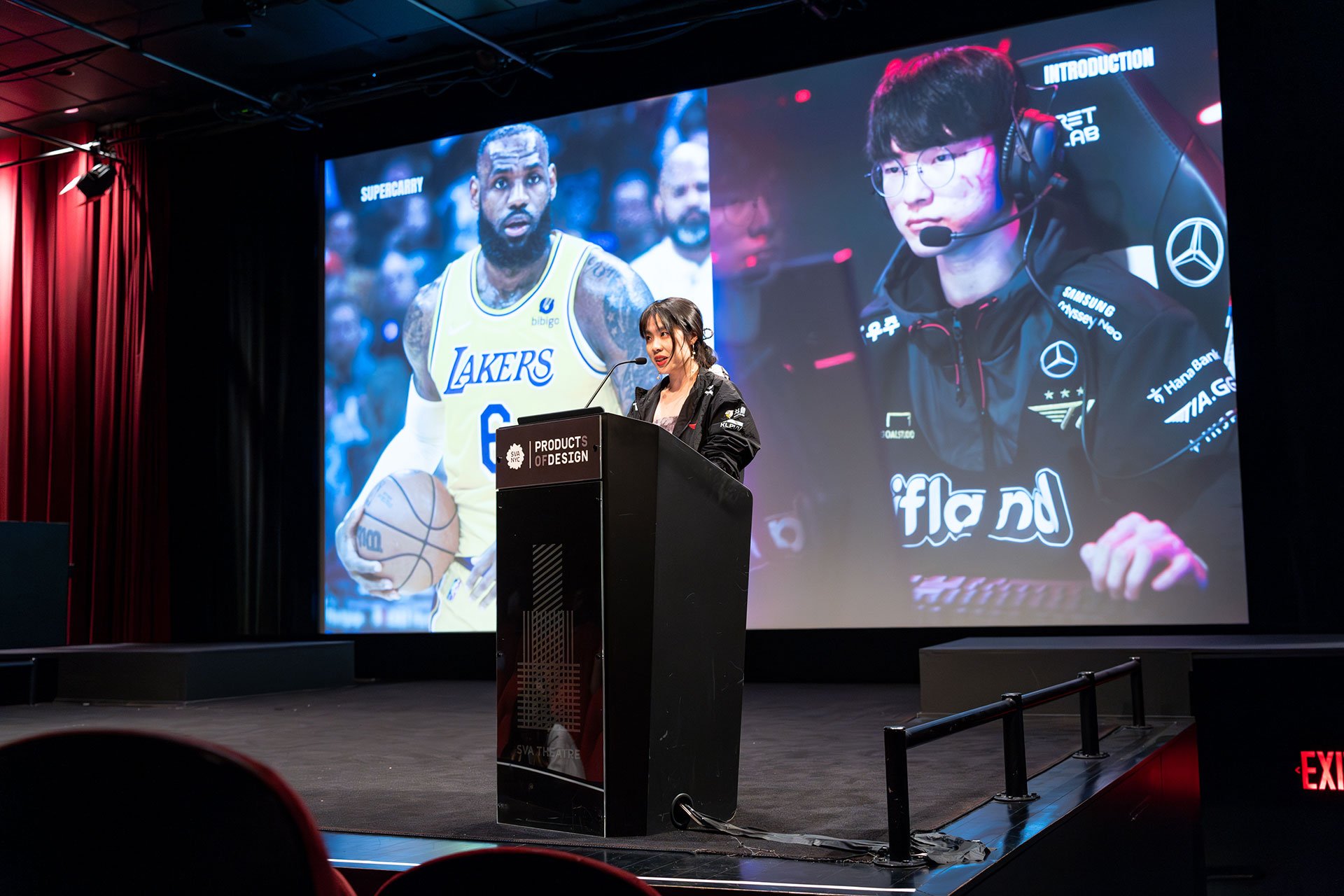Department Blog
Department news, events, and snapshots of student life at SVA in New York City.
Featured Posts
All Blog Posts

Josh Corn's Multi-ccino Mug in the New York Times!
Florence Fabricant (herself!) wrote up an item in the New York Times about Josh Corn's Multi-ccino Mug in the New York Times this week—one of 6 MFA Products of Design objects that will be celebrated during the month of April in both MoMA retail stores! (The department is also designing the window displays for both the midtown and SoHO stores.) Congratulations Josh!
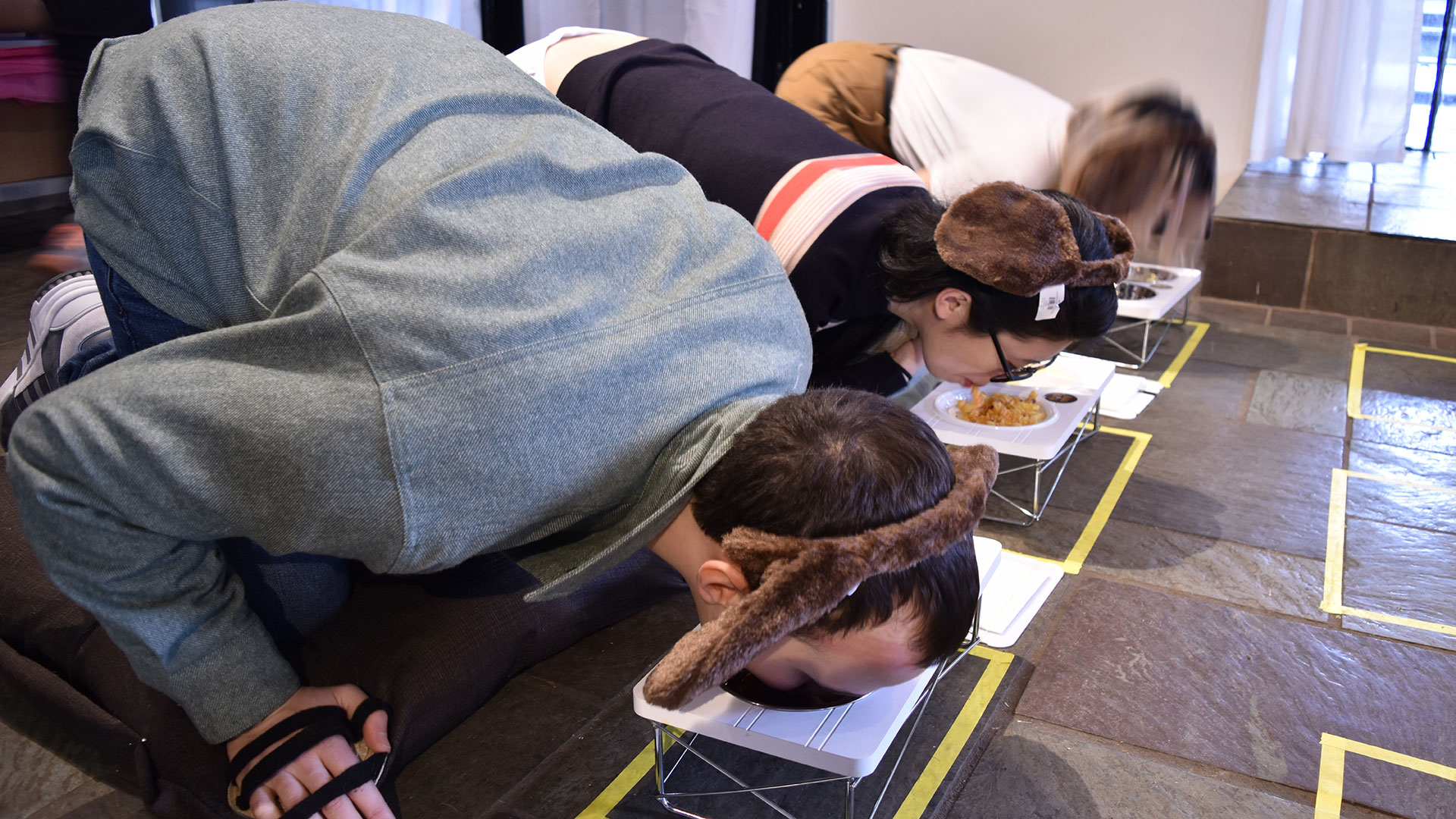
DOMINION: Redefining the Relationship Between Animals and Humans
In her MFA thesis Dominion, Ailun Sai discusses the relationship between animals and humans. Through a series of design—including product design, experience design, and interaction design—Ailun encourages people to reflect on their role in the natural world and to question their perceived sense of superiority over animals.

JUSTICE BY ALL: Revitalizing Civic Engagement in the Judicial System
Julia Lindpaintner’s thesis work was inspired by her own experience of serving on a grand jury in Manhattan during the summer of 2016. It profoundly changed her understanding of the judicial system, and in particular, the way she saw her role in it. “My mental model shifted,” Julia states. She further explains, “Instead of seeing the judicial system as an autonomous force over which I had no influence, I felt viscerally the way in which we, as citizens, are collectively responsible for the system and the outcomes it produces.”
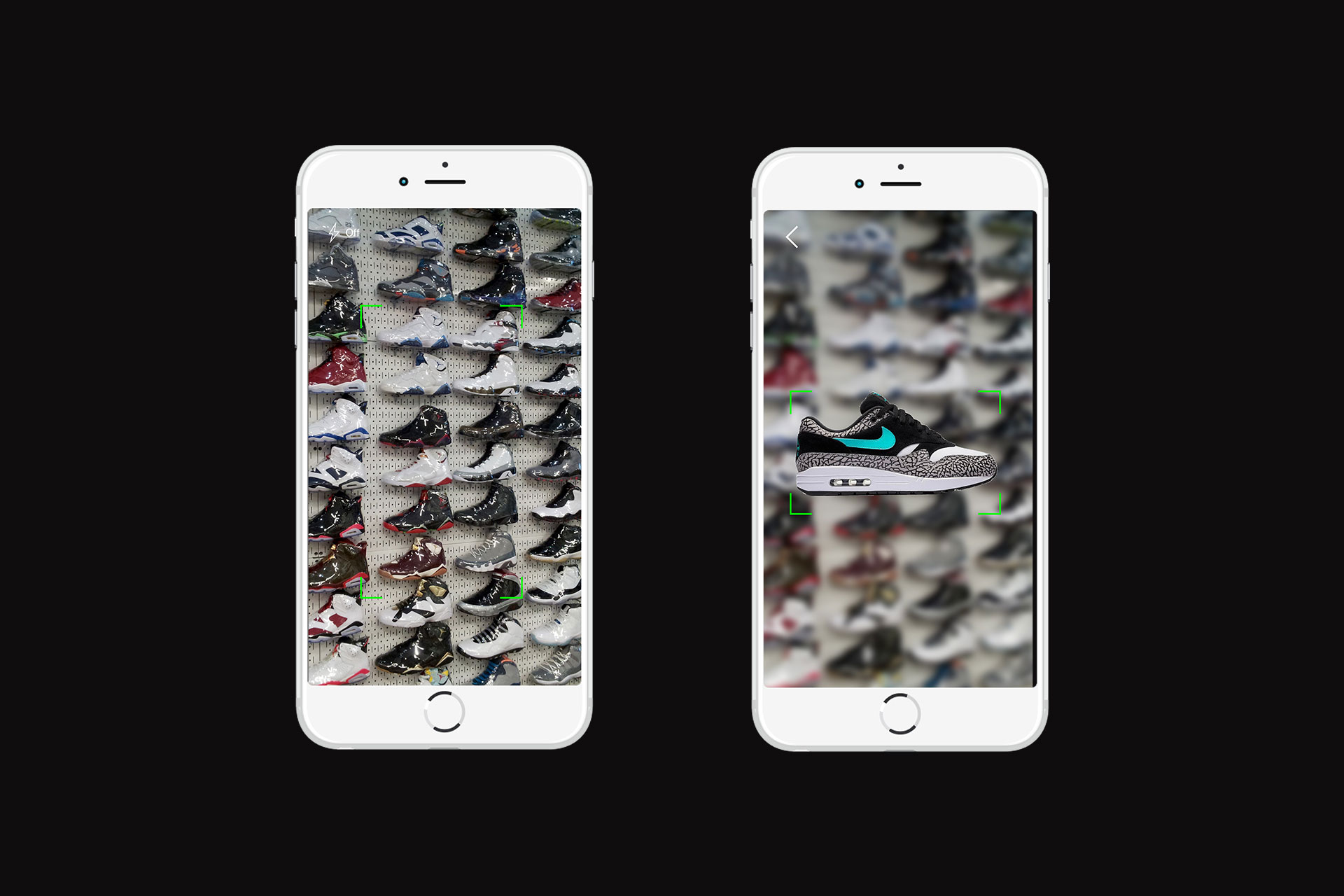
SOUL'D: Exploring the Commodification and Appropriation of Black Cool
Hip-hop, basketball and street fashion formed the three pillars of cool for Oscar when he was a child. Common to all these phenomena was the ultimate commodified object of cool—the sneaker. And he loved sneakers. So, it is of no surprise that Oscar’s earliest memory of being or looking cool was attributed to a pair of Nike Air Jordan XI. This childhood photo of him with the Nike Swoosh shaved and dyed into the back of his head can attest to that.
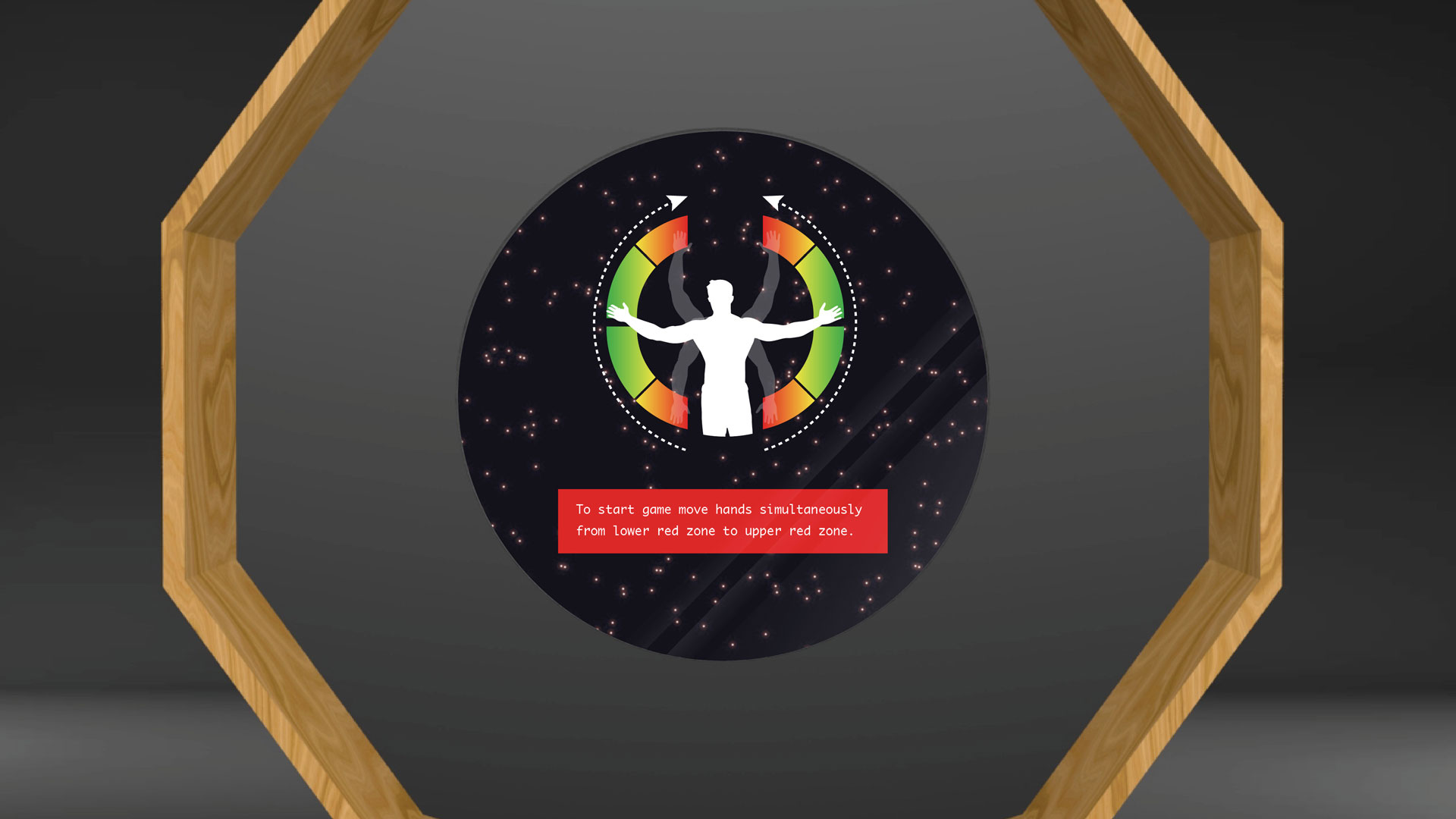
INSTIGATIONISM: Inciting Activity in a Sedentary Population
Michael Lee Kenney’s master’s thesis Instigationism is built on a foundation of design work that is intended to incite physical activity in sedentary populations. By combining research insights from the fields of psychology, game design, behavioral economics, and immersive media, Kenney pushes us to reexamine our relationship with exercise.
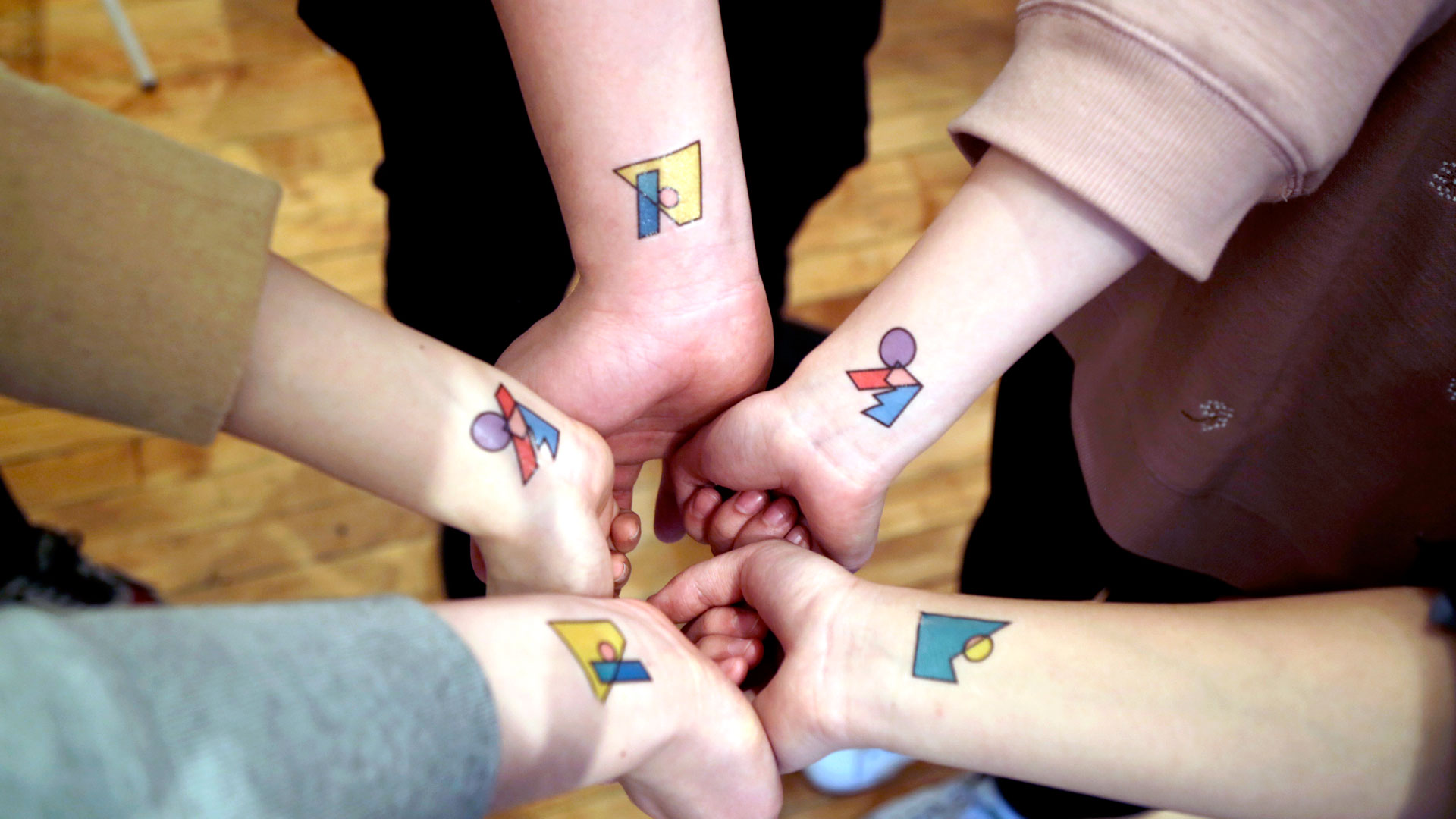
PYGMALION: Creating systems to empower people with social anxiety disorder
Dayoung’s thesis, Pygmalion, is about creating systems to empower people with social anxiety disorder. She aims to create the Pygmalion effect—also known as the “self-fulfilling prophecy”—to help people with social anxiety. The Pygmalion effect, named after an Ancient Greek myth of a sculptor falling in love with his own works that comes to life, is the phenomenon whereby high expectations and attentions positively affect the outcome of performance.

GOOD GRIEF: Inducing eco-anxiety as a call to climate action
Conventional wisdom tells us that eco-anxiety—an indirect mental health impact of climate change—is preventing us from effectively responding to the threat of climate change. This form of anxiety is also marked by an existential worry about the future for oneself, children, and later generations. Karen Vellensky challenges this idea through her thesis, Good Grief: Inducing eco-anxiety as a call to climate action.

EATING TOGETHER: Explorations in an Anti-Social Food System
Will Lentz master’s thesis Eating Together: Explorations in an Anti-Social Food System promotes a resurgence in the social value of communal eating experiences. In a time when isolation and independence are increasingly common, Lentz offers products and provocations aimed at bringing people back together over food.
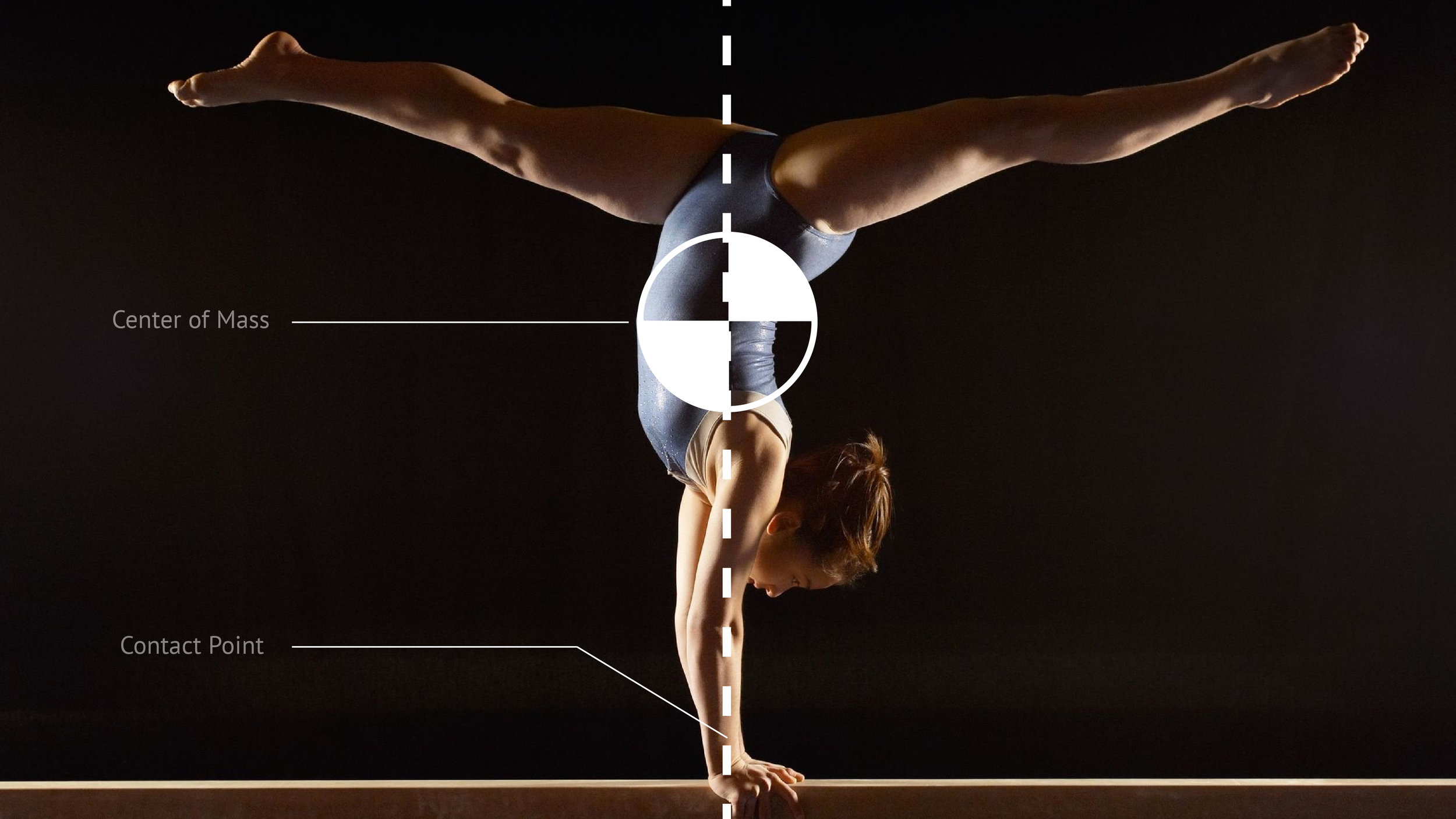
PLAYING WITH FIREBRANDS: Amplifying Student Voices in Public Education
Andrea Cameron’s master’s thesis, Playing with Firebrands, explores student agency in education. Inspired by the work of progressive educators and student-centered design, the motivation was to incorporate principles from progressive education into public education. The objective was to take the best practices in privatized education and make them accessible to public schools.


